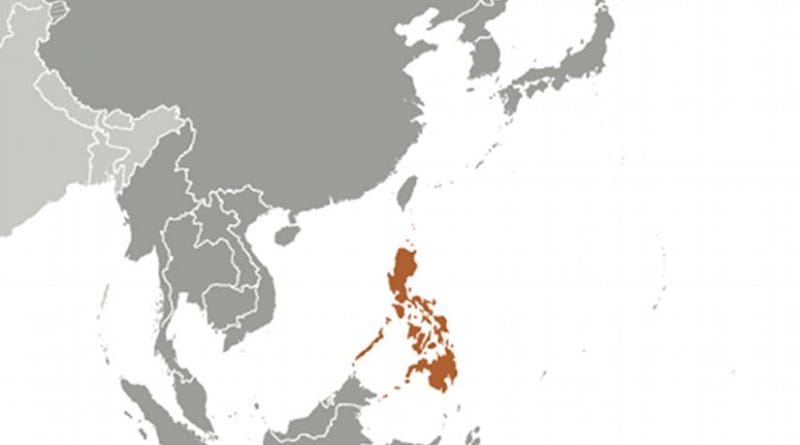Philippines: Congress Passes Bill Creating New Muslim Region
By UCA News
By Jose Torres Jr.
Philippine lawmakers have finally passed a bill that will pave the way for the creation of a new Muslim region in Mindanao, but critics warned it still does not allow the Moro people the right to self-determination.
The Lower House of Congress overwhelmingly approved the controversial and long-awaited Bangsamoro Basic Law — 227 in favor, 11 against and two abstentions — on May 30 while the Senate passed it before dawn on May 31.
The bill was the result of a 2014 peace deal between the rebel Moro Islamic Liberation Front and the Philippine government aimed at ending almost 50 years of conflict that has already killed more than 120,000 people and displaced about two million others.
The purpose behind creating a new entity was purportedly to give the approximately four million Muslim Moro people living in the southern Philippines greater autonomy than the existing Autonomous Region in Muslim Mindanao (ARMM).
The legislation, which was categorized urgent by President Rodrigo Duterte on May 29, outlines the process to set up a self-administered territory.
Duterte had warned lawmakers that failure to pass the bill could result in resentment and mistrust among Muslims in the region.
The previous administration, which entered into the peace deal, failed to pass the bill.
House Speaker Pantaleon Alvarez, however, said the bill was not the ultimate legal solution to change the already existing ARMM.
“As a lawyer, I share that doubt,” he told journalists in Manila.
Under the new law, a new political entity will be created to replace the present Muslim autonomous region, created by virtue of the 1987 constitution.
Opposition Congressman Edcel Lagman said passing a bill to replace the ARMM could be “unconstitutional” because the establishment of the present autonomous region was guaranteed by the constitution.
Alvarez, however, said he would leave the legality to the Supreme Court. “Anybody can question the constitutionality of a law, but it’s up to the Supreme Court to decide,” he said.
Lower House Moro legislator Amihilda Sangcopan of the Children of Mindanao party said the proposed law is not “perfectly consistent” with the 2014 comprehensive peace agreement on the creation of the Bangsamoro region.
“But it not only contains the gains of the current autonomous Muslim region … [it] even enhanced it with clearer provision on fiscal autonomy,” she said.
The Mindanao legislator said the Moro people are grateful to Congress “for standing up with us and for us” in passing the bill.
Critics of the proposed political entity to be created by the new law say it will be no better than the present autonomous region established in 1989.
Congressman Ariel Casilao of the Anakpawis party said the Bangsamoro Basic Law does not recognize the Moro people’s right to self-determination, including the right to define their own territories, to have their own justice system, and pass laws for the management of their natural resources, among others.
Youth party lawmaker Sarah Elago said the soon-to-be law only gives the president the license “to exploit and control” the Moro people.
Under the Bangsamoro Basic Law, Duterte has the power to appoint all 80 members of the Bangsamoro Transition Authority, including the chief minister.
The power to take private property for public use by a state and the power to grant rights, privileges, and concessions in the exploration, development and utilization of fossil fuels and uranium will remain with the central government.
The original version of the bill guaranteed 58 exclusive powers for the Bangsamoro government, but at least 12 were removed including land management, distribution and classification, a financial and banking system, Sharia courts and a Sharia justice system.
Samira Gutoc Tomawis, a civil society leader in Mindanao, warned against what she described as a “shallow law that will only create more havoc and divisions.”
She said the present autonomous region is the benchmark. “If they pass a law that has less powers than the ARMM, then it is useless,” she said, adding that the original version of the bill “reflected the needs and requirements” of the Moro people in terms of governance.
The southern region of Mindanao is the most underdeveloped region in the country despite its rich natural resources. Clan wars, lawlessness and conflicts with Moro and communist rebel groups have been blamed for the region’s poor situation.

